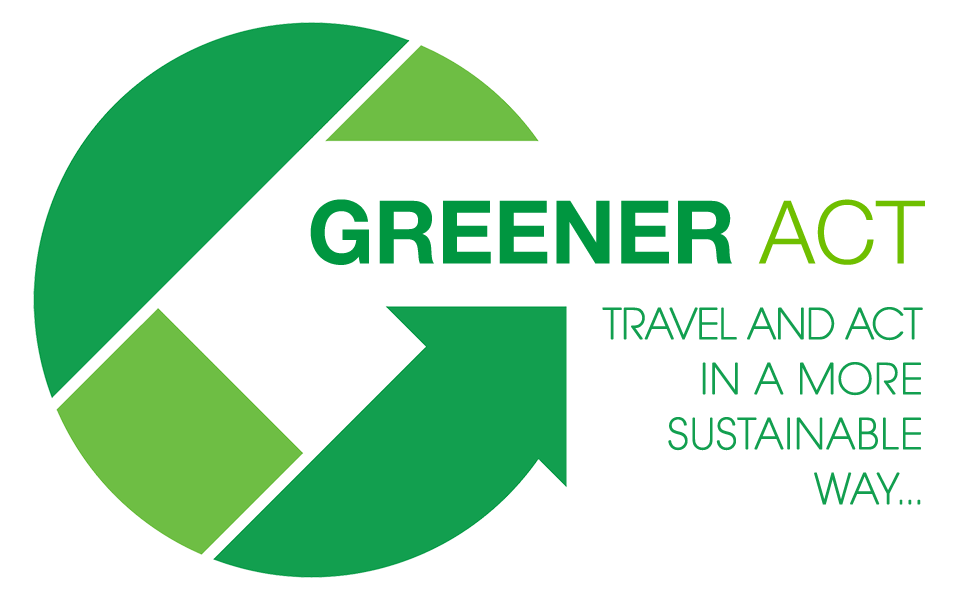Posted Date : 11th June, 2025
The Jamaican Awareness of Mangroves in Nature (J.A.M.I.N.) program is an immersive and experiential educational initiative designed to engage high school students and teachers in the study, restoration, and monitoring of mangrove ecosystems. The program leverages evidence-based pedagogical approaches such as project-based learning, which enables students to investigate real-world challenges and develop in-depth knowledge over […]
Posted Date : 22nd January, 2025
Empowering Sustainable Tourism through Collaboration The SDG Tourism Task Force Initiative is a powerful platform driving sustainable tourism practices in Latin America and the Caribbean. This innovative program equips destinations with the tools and knowledge they need to thrive. Key Highlights: -Collaborative Workshops: Interactive sessions bring together stakeholders from governments, NGOs, and the private sector […]
Posted Date : 29th September, 2023
Our pilot project for digital transformation in tourism is a groundbreaking initiative aimed at promoting sustainable tourism through innovation and collaboration. In alignment with the 17 Sustainable Development Goals (SDGs) of the United Nations, we have ambitious objectives and core areas to enhance the tourist experience, promote ecological and social sustainability, and forge global partnerships. […]
Posted Date : 4th September, 2023
Under India’s G20 Presidency, the Tourism Working Group (TWG) has identified five priority areas – Green Tourism, Digitalization, Skills, Tourism MSMEs, and Destination Management, with the aim to transform the tourism sector towards a more sustainable, resilient and inclusive future for all. In view of this, the Ministry of Tourism has launched the Travel for LiFE (TFL) […]
Posted Date : 28th April, 2022
This project for sustainable development of winter tourism in Kyrgyzstan is financed by the Government of Switzerland through the State Secretariat for Economic Affairs (SECO) and implemented by the development organization HELVETAS Swiss Intercooperation. The main objective of the project is to contribute to an increase in decent employment and income opportunities for the population, […]
Posted Date : 14th April, 2021
Greener Act is the first ever App, which allows travellers to make positive changes by engaging in community projects and to support local causes, in order to create a more sustainable world. Our mission is to improve the livelihood of local communities and protect the natural environment, while contributing to the Sustainable Development Goals of […]
Posted Date : 2nd March, 2021
The Swiss Parks are unique territories that strive to promote a sustainable regional development. In order to integrate sustainability more strongly into local activities and partnerships, the Parks have defined seven core values: preservation and valorisation of nature and landscapes, regional value creation, awareness raising and communication, cooperation, innovation and quality, regional identity and culture, […]
Posted Date : 16th February, 2021
CEnTOUR – CIRCULAR ECONOMY IN TOURISM is a European project funded by COSME, with duration from September 2020 to September 2023. CENTOUR is a strategic opportunity to develop and test innovative ideas to support Small and Medium-sized Enterprises (SMEs) in the tourism sector towards the transition to a circular economy, fostering an integrated system at […]
Posted Date : 5th February, 2021
CUBES – Cultural Administration Boosting with the Engagement of Sustainability for the Local Communities is a project co-funded by Erasmus+, aiming to design and develop a training program offered on an inclusive, interactive and user-friendly digital platform, to create and disseminate know-how regarding the sustainable administration of tangible and intangible cultural resources in order to […]
Posted Date : 11th January, 2021
Integration of regional/local policies for Sustainable Mobility, Accessibility & low-carbon Responsible Travel, with policies for efficient sustainable tourism towards a low-carbon economy, requires particular attention in the EU. This is a common challenge that public regional/local and transport authorities increasingly face, particularly at busy destinations with high tourism travel flows (inc. in South Europe, coastal, […]
